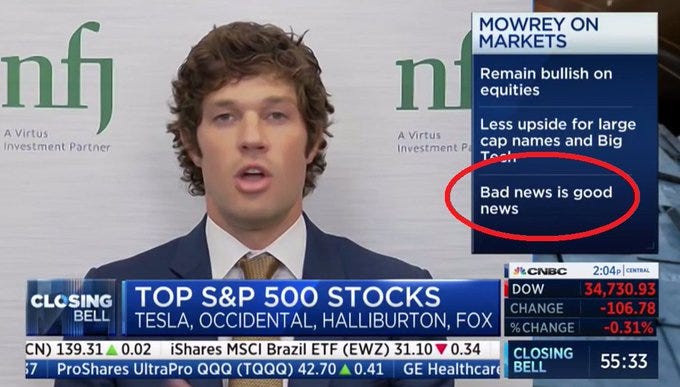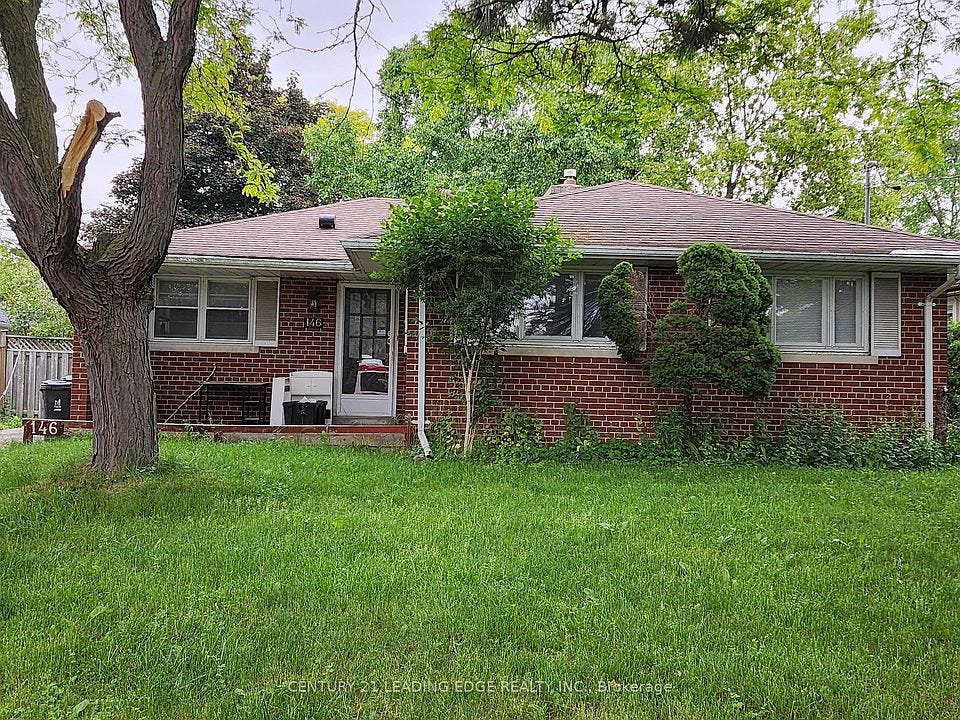Bad news for 90% is good news for 10%.
"Corporate equities and mutual fund shares by wealth percentile group"
Reach for Yield
Romspen Investment Corp., one of Canada’s largest private mortgage lenders, is cutting its monthly payout for the fourth time in little more than a year, citing weak loan repayments and a real estate market that hasn’t faced this much trauma since the 1990s…As a private mortgage lender, Romspen raises cash from individual investors, then lends the money out to real estate companies, often in the form of short-term construction loans. The company has $2.7-billion in assets under management and has delivered an average annual yield of 7.3 per cent in its Mortgage Investment Fund over the past 10 years.
Because of its high payout, Romspen’s assets swelled over the past two decades as investors searched for yield when benchmark interest rates were close to zero…
Romspen froze redemptions from its fund in November, an act known as “gating” in the investment industry, to conserve cash. But it wasn’t enough, and multiple distribution cuts have also been necessary. The fund now yields 2.5 per cent annually, roughly half of what investors can earn from ultrasafe guaranteed investment certificates…
In a normal market, Romspen would sell the properties to recoup the cash it is owed, but commercial real estate transactions have slowed considerably.
In 1984, when he said he came on at EWM Realty, an acre in Pinecrest was selling for $125,000, and now it’s $3 million. A 5,000-square-foot parcel in Coral Gables, which went for $65,000 in 1984, is now $1.2 million.
“Someone asked, ‘What’s going to happen in another 30 years? Will we be paying $30 million?’ The answer is probably yes.”
I would again like to remind everyone of this:
If the government owes you $1,000 a month for social security, but can only afford $500 (without raising taxes, printing money, ending stupid wars, etc.), will they cut your social security? No. What politician would do that?
Much easier to simply monetize new debt and pay you a nominal $1,000, which will now buy you $500 (or less) worth of “stuff.” That way they can say they “kept their promise.” Except they didn’t. They defaulted on you just as surely as if they’d cut the payment in half.
This is the plan, 5% Fed Funds rate or not, and 95% of the Wall Street CNBC and Fintwit crowd will cheer this on. A higher cost of living is at worst a minor annoyance to them, not an existential threat.
For a historical take, check out The Raven of Zurich:
At a meeting of the Society of Economists in Vienna, when the Mark was quoted at 80 to the dollar, and the Austrian Krone at 60, I urgently warned of the danger that the currency would lose all its value, and proposed immediately after the Armistice, and repeatedly thereafter, that Germany and Austria declare a state of default.
My reasoning was not understood, and the fact that a banker should make such a proposal was considered paradoxical. However, state bankruptcy is a one-time surgical intervention, while inflation is a permanent poisoning of the very bloodstream of a society.
After state debts are wiped out, new financing can be undertaken immediately, while inflation means a prolonged wait until the currency has lost all value. Despite the enormous loss that state default entails, it clarifies the entire situation, and the total damage thus sustained cannot be compared with the appalling terminal stages of an inflation.
l am today [Somary died in 1956 - RH] more than ever convinced that my views then were correct. Much wretchedness in the intervening period could have been avoided through an immediate declaration of bankruptcy: the steady series of devaluations, the total destruction of confidence in government, the prostitution of the economy which governments so often slavishly tried to justify. The banks resisted most strongly of all, but they too would have fared better with a default, which would have allowed them to clear their balance-sheets immediately. Instead they dragged on for another decade in Berlin, Vienna and Budapest, with repeated individual collapses, until the world-wide crisis [World War II - rh] revealed the true dimensions of the situation.
"Think about it. If you own a bond, you've got a claim on money, but the claims are too much...You're either not gonna get back that money in full, or you're going to get back money that's worth less, because they print the money."
“the thing that's most upsetting about 146 Cummer Ave. is the fact that this home, as is, isn't even overpriced.”
[Future Frontline Narrator]: It was overpriced.
Before the Fed went really insane in 2008, the average Fed Funds rate since 1954 was 5.69% and the median was 5.25%. Then the rate was basically around 0% from late-2008 until mid-2022 (with a short-lived 2018-2019 blip.) Stupid.
A disturbing collection of articles on homelessness, drugs, corruption, crime, “Asylum Inc.”, illegal immigration, etc. in the U.S., Canada, and Britain. It sometimes seems as if things could only be this bad intentionally.
“Is it dumb to buy a house now but not able to make mortgage payments in a year time then sell it?”
I am wondering as interest rates are crazy now, but want to buy a house. I might be able to pay for a year or 2 till I run out of funds if interest doesn't go down to refinance then sell it. Don't know if it would be dumb move or smart move.
The comments suggest it is not a smart move.
“Listed for rent at $9K a month in August, this property now is listed for sale with a current asking price on Realtor.com of $765,000. Median income in the area is $66,994. If you make this home yours, you will be 7 short miles from the beach.”
Melody Wright: Inventory shortage? Not in this neighborhood. These homes are relatively small and built in the 1950’s, originally catering to families. What do the asking prices tell you above? And what does it tell you about our housing market?
Many believe those Zestimates on Zillow (largest stakeholders of Zillow are BlackRock and Vanguard) which are usually much higher than any other listing site and believe they will be able to sell their properties at such elevated prices largely because of the inventory shortage narratives that prevail in our media.
Housing has become a casino.
Keep reading with a 7-day free trial
Subscribe to A Havenstein Moment. to keep reading this post and get 7 days of free access to the full post archives.












